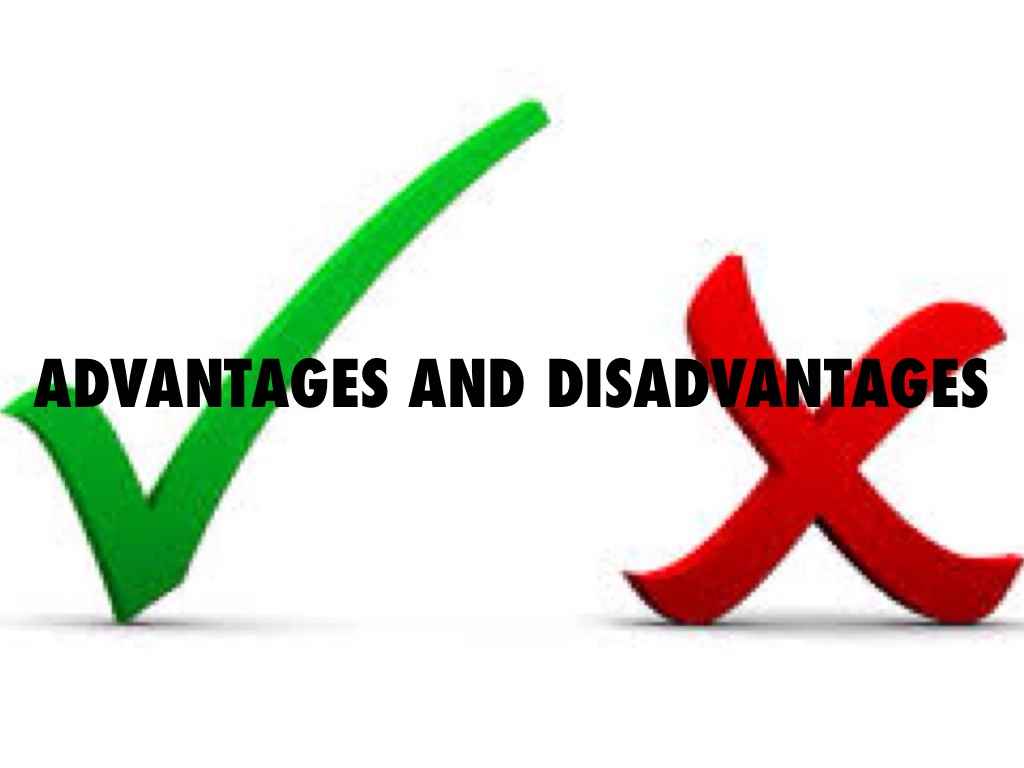
What is a ‘Franchise’; 加盟店; 美国企业; 2/3
WHAT ARE THE ADVANTAGES AND DISADVANTAGES OF OWNING A FRANCHISE?
ADVANTAGES
- A franchise provides an established product or service which may already enjoy widespread brand-name recognition. This gives the franchisee the benefits of a pre-sold customer base which would ordinarily take years to establish.
- A franchise increases your chances of business success because you are associating with proven products and methods.
- Franchises offer important pre-opening support:site selection, design, construction, financing, training, and a grand-opening program
- Franchises offer on-going support:training national and regional advertising operating procedures, operational assistance, on-going supervision and management support, increased spending power, and access to bulk purchasing
DISADVANTAGES
- The franchisee is not completely independent. Franchisees are required to operate their businesses according to the procedures and restrictions set forth by the franchisor in the franchisee agreement. These restrictions usually includ e the products or services which can be offered, pricing and geographic territory.
- In addition to the initial franchise fee, franchisees must pay on-going royalties and advertising fees.
There are two different types of franchising relationships.
- Business Format Franchising is the type most identifiable to the average person. In a business format franchise relationship the franchisor provides to the franchisee not just its trade name, products and services, but an entire system for operating the business. The franchisee generally receives site selection and development support, operating manuals, training, brand standards, quality control, a marketing strategy and business advisory support from the franchisor.
- Traditional or Product Distribution franchising is actually larger in total sales than business format franchising. In a traditional franchise, the focus is not on the system of doing business, but mainly on the products manufactured or supplied by the franchisor to the franchisee. In most, but not in all situations, the manufactured products generally need pre- and post-sale service as found in the automobile industry. Examples of traditional or product distribution franchising can be found in the bottling, gasoline, automotive and other manufacturers.

